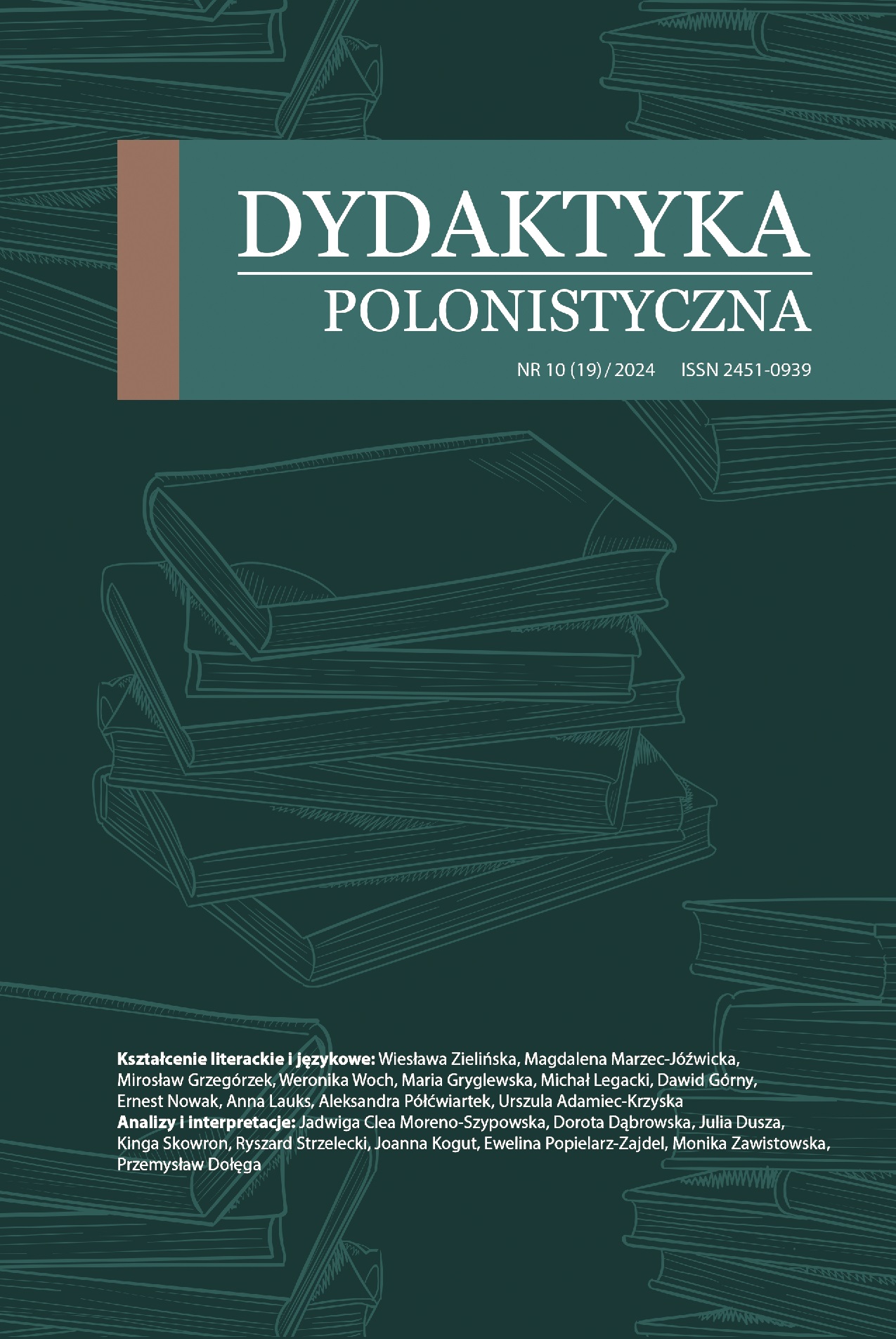Dignity of a person – between the substantive and relational approach
DOI:
https://doi.org/10.15584/dyd.pol.19.2024.16Keywords:
dignity, person, incommunicability, freedom, substance, relation, Holy TrinityAbstract
The article touches on the issue of dignity of the human person. The concept of dignity was adopted from Thomistic philosophy, where a person is perceived as a substance, but is also treated as a subject, transcending the world through the attributes of consciousness, freedom and love, and transcending society through the attributes of completeness, subjectivity of law and dignity. Dignity is considered both in the Thomistic context and in the context of Karol Wojtyła’s anthropology. The article is dominated by a socio-cultural attitude. The attributes of a personal being are perceived as moments of interpersonal relations divided into the role of the giver and the role of the recipient of actions. In these relations, the dignity of the unconscious and involuntary people is contemplated. An important factor of dignity is incommunicability. Actions violating this property of a person were discussed. For a fuller understanding of human dignity, the context of the Holy Trinity was introduced. The relationships of persons in the Trinity constitute an unsurpassed model of personal human relations. In the Trinity there is a perfect harmony of substantiality and relationality, which is also the most perfect model of personal dignity. This creates the right context for the dignity-based understanding of all boundary situations – self-destruction and salvation, loss of life for the benefit of another, heroism and sacrifice. In the course of the reasoning, an attempt was made to organize the issue of dignity theoretically and methodologically.


